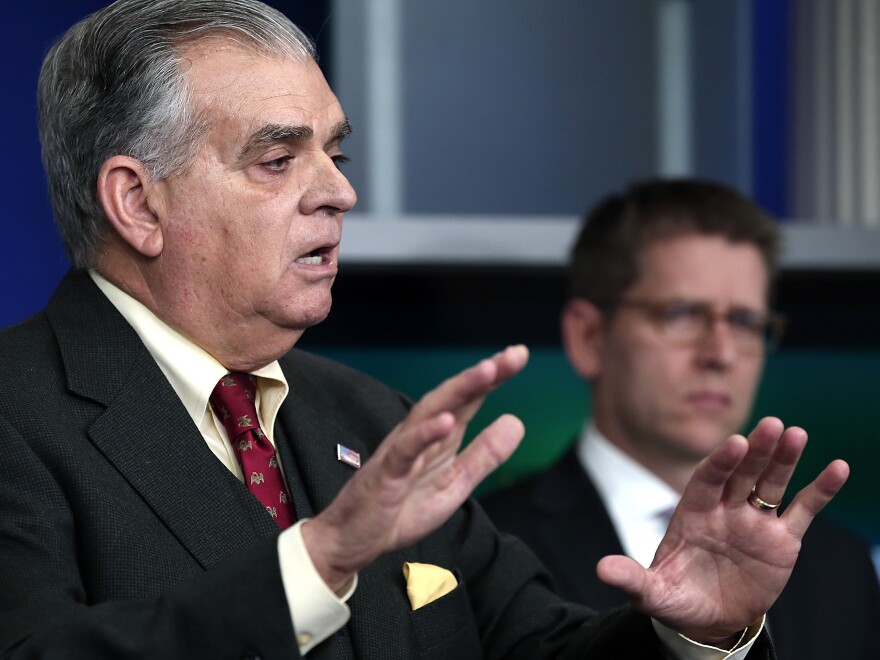Former U.S. Transportation Secretary Ray LaHood took $50,000 from an associate of a billionaire who ran an illegal scheme providing foreign contributions to U.S. campaigns, federal prosecutors said Wednesday. LaHood later failed to disclose the check on two government ethics forms as required.
LaHood, the transportation secretary during former President Barack Obama's first term, took a $50,000 check from Virginia businessman Toufic Baaklini in 2012. According to the Department of Justice, LaHood "understood" this money was actually coming from Lebanese-Nigerian billionaire Gilbert Chagoury.
LaHood didn't disclose the loan because he didn't want to be publicly associated with Chagoury. The DOJ said in a statement that LaHood was facing financial trouble when he accepted the check. The former secretary then later attempted to mislead federal agents investigating Chagoury and didn't disclose the check or who gave it to him.
Chagoury, with the assistance of Baaklini and other associates, ran a complicated and illegal scheme funneling foreign money into U.S. elections. According to prosecutors, Chagoury provided $180,000 to individuals in the U.S. who gave the money to four federal political candidates from 2012 through 2016. Those candidates aren't named.
LaHood wasn't involved in that scheme, prosecutors said.
In a non-prosecution agreement signed in December 2019, LaHood agreed to cooperate with the government's investigation, repaid the $50,000, and paid a $40,000 fine.
Copyright 2021 NPR. To see more, visit https://www.npr.org.





